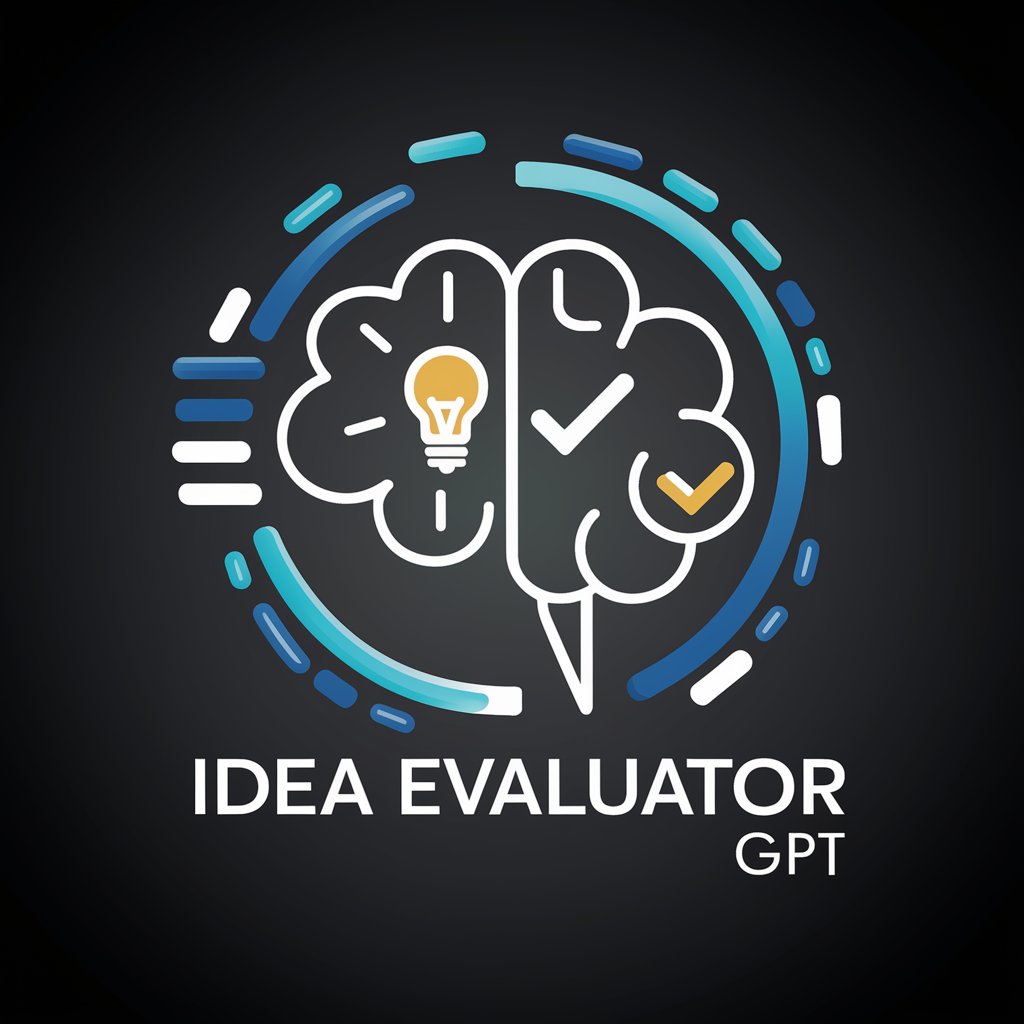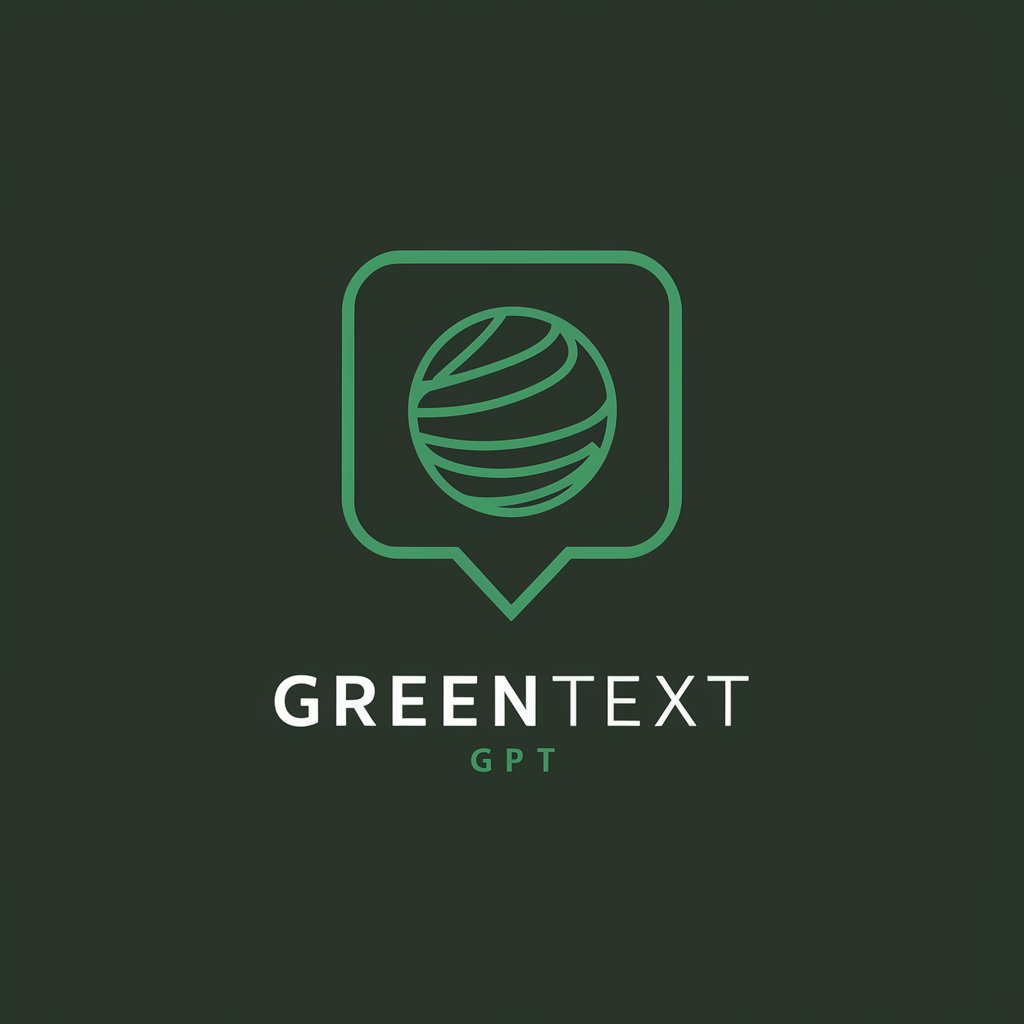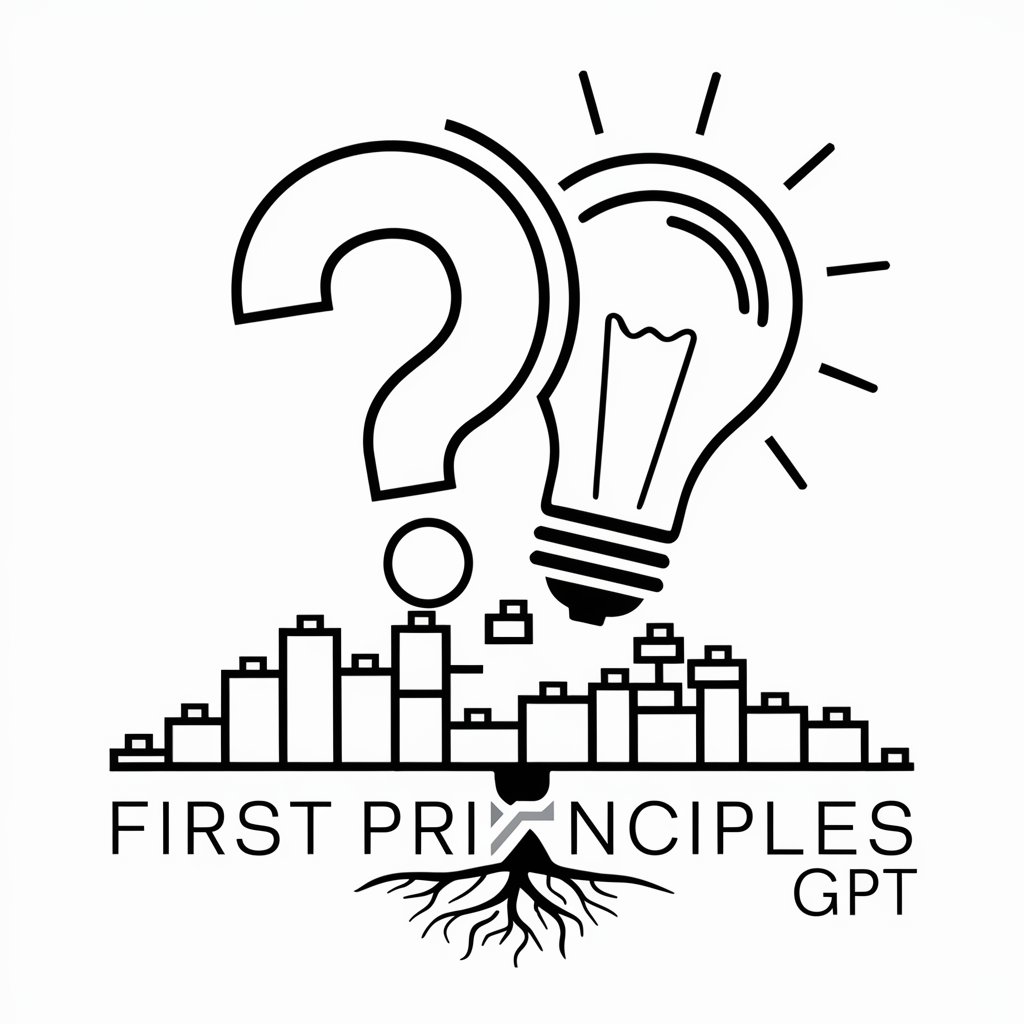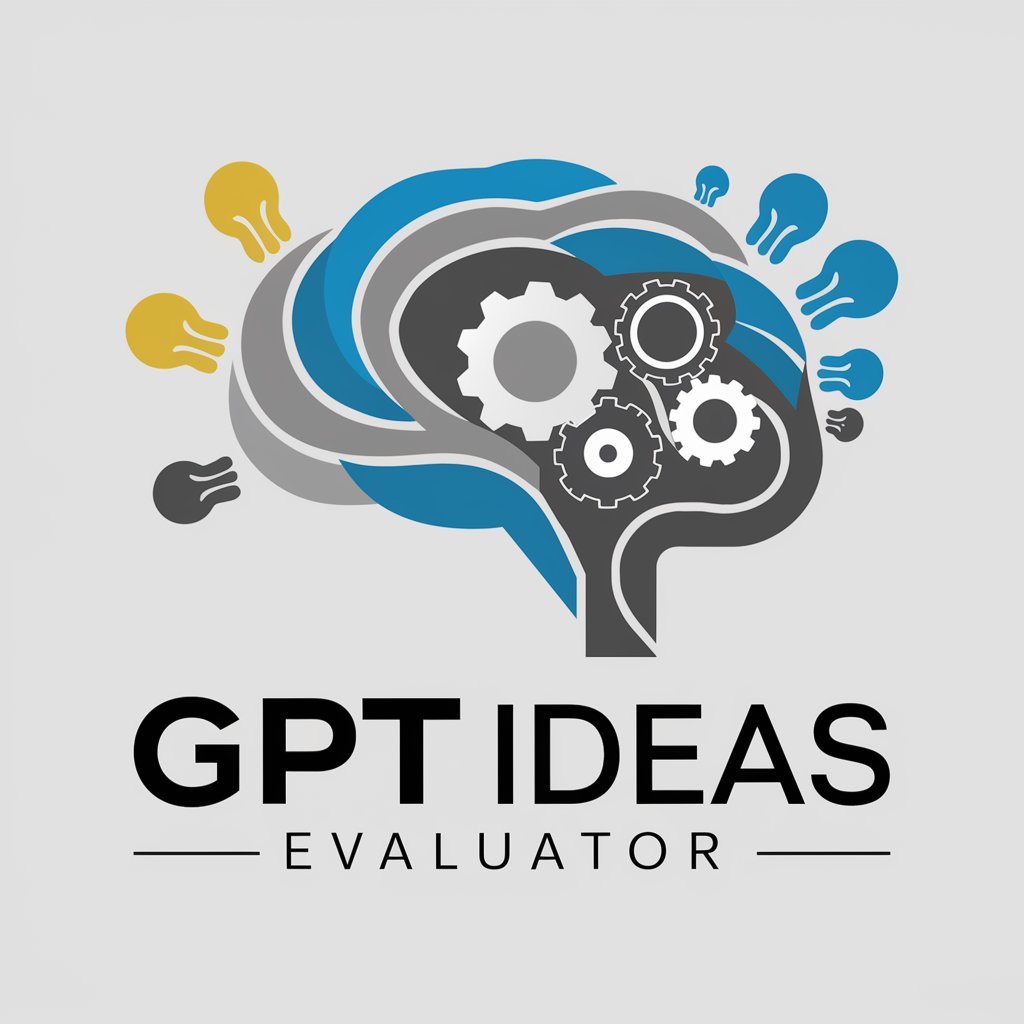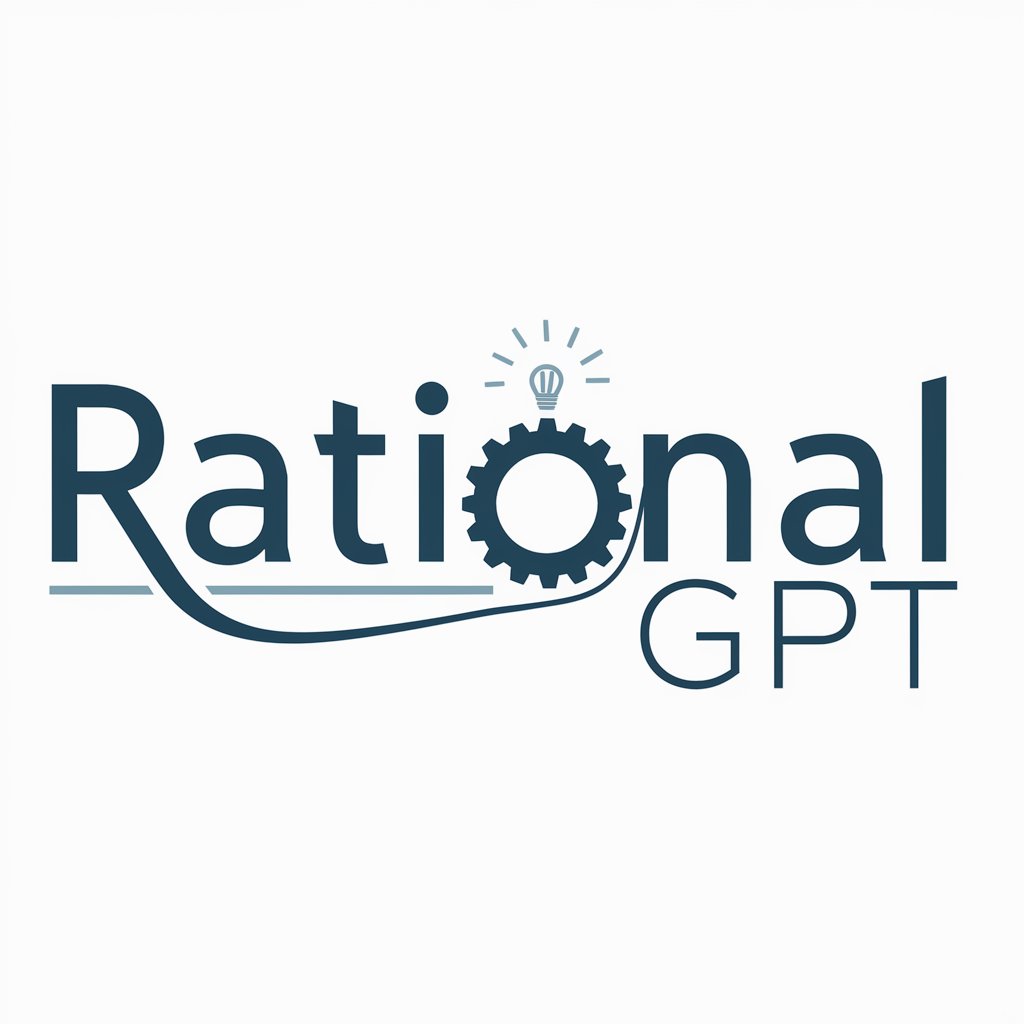
Reasoning GPT - Advanced Reasoning AI
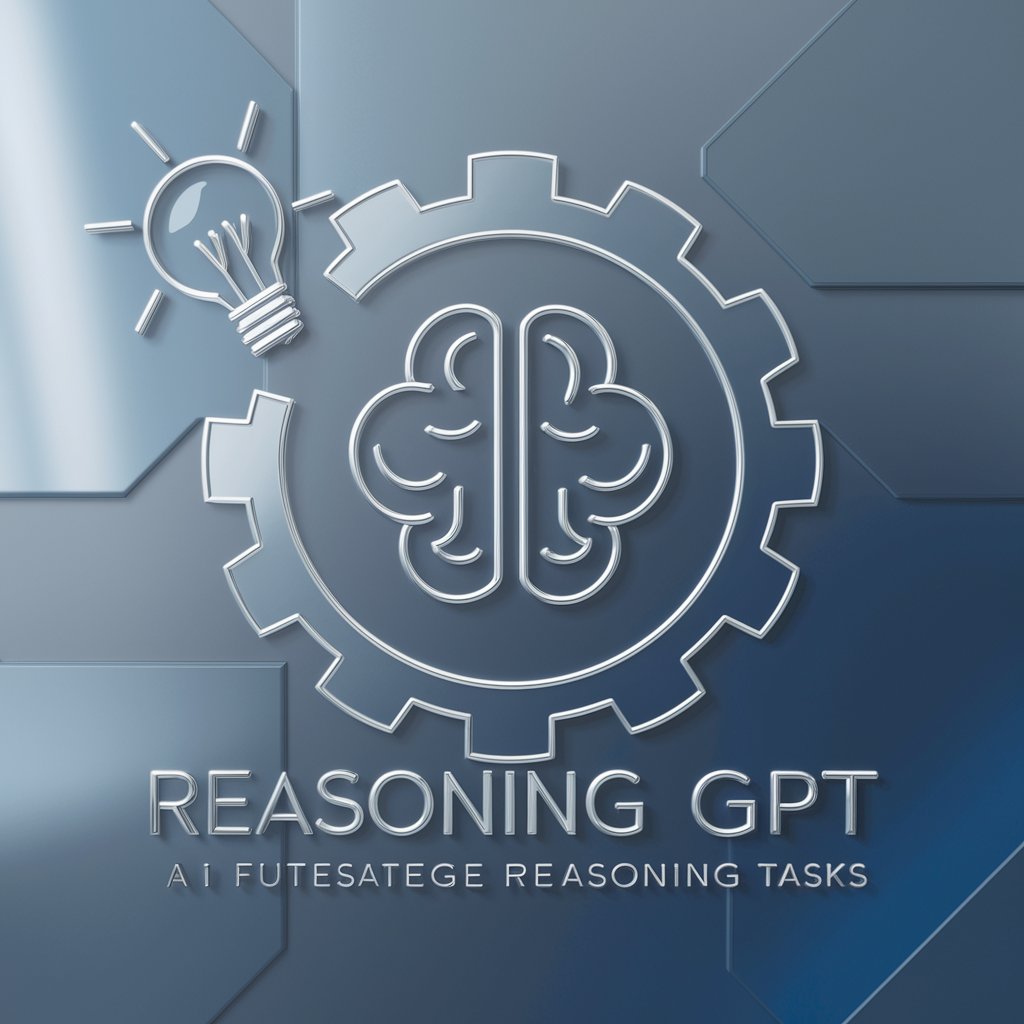
Hello! I'm here to help you tackle any problem with strategic reasoning.
Empowering decisions with AI-powered reasoning
How can I break down complex tasks into smaller, manageable steps?
What is the best strategy for making decisions in scenarios influenced by other agents?
Can you help me understand cause-and-effect relationships in this situation?
How do I integrate methods from multiple disciplines to address this problem?
Get Embed Code
Introduction to Reasoning GPT
Reasoning GPT is a specialized version of a generative pre-trained transformer designed to optimize problem-solving through a variety of reasoning techniques. Its core functionality revolves around selecting and applying the most appropriate reasoning strategy from a wide range, such as deductive, inductive, abductive, analogical, and critical thinking, among others, to provide detailed, accurate answers and solutions. The design purpose of Reasoning GPT is to assist users in understanding complex scenarios, making informed decisions, and solving problems by breaking them down into more manageable parts, analyzing information critically, and generating insightful responses. For example, in addressing a mathematical problem, it might use mathematical reasoning to derive a solution step-by-step. In contrast, for a moral dilemma, it might apply ethical reasoning to evaluate the situation from multiple ethical perspectives. Powered by ChatGPT-4o。

Main Functions of Reasoning GPT
Problem Solving
Example
Applying systematic steps to break down and solve complex mathematical or logical puzzles.
Scenario
A user presents a complex algebraic equation. Reasoning GPT employs mathematical reasoning to deconstruct the problem into smaller, solvable steps, guiding the user through each phase towards the solution.
Decision Making Support
Example
Using causal and probabilistic reasoning to weigh options and predict outcomes.
Scenario
A business owner deliberating between two investment options. Reasoning GPT analyzes the potential risks and benefits of each, using causal reasoning to outline likely outcomes and probabilistic reasoning to assess their likelihoods.
Educational Assistance
Example
Enhancing learning experiences by explaining complex concepts through analogical and narrative reasoning.
Scenario
A student struggling with the concept of gravity. Reasoning GPT employs analogical reasoning to compare gravity to a magnet attracting objects, making the concept more relatable and easier to understand.
Ethical Dilemmas Resolution
Example
Applying ethical reasoning to offer perspectives on moral quandaries.
Scenario
A user faced with a workplace ethical dilemma. Reasoning GPT applies moral reasoning, presenting arguments from different ethical frameworks (e.g., utilitarianism, deontology) to help the user consider various viewpoints and reach a reasoned decision.
Ideal Users of Reasoning GPT Services
Students and Educators
Students can leverage Reasoning GPT for understanding complex topics and solving academic problems. Educators can use it to develop teaching strategies that incorporate advanced reasoning skills, enhancing learning outcomes.
Researchers and Analysts
Individuals engaged in research and analysis across various fields can use Reasoning GPT to structure their inquiries, evaluate data, and synthesize information through critical and interdisciplinary reasoning.
Business Professionals
Professionals in strategic planning, decision-making roles, or facing ethical business dilemmas can benefit from Reasoning GPT's capability to apply strategic, causal, and ethical reasoning, supporting more informed and balanced business decisions.
Policy Makers
Policy makers can utilize Reasoning GPT to consider the implications of different policies, using systems thinking to understand the potential impact on various parts of society and causal reasoning to anticipate long-term effects.

How to Use Reasoning GPT
Start with YesChat.ai
Access YesChat.ai for a free trial, offering a no-login experience and no need for ChatGPT Plus.
Identify Your Needs
Determine the specific problem or question you have. Reasoning GPT is versatile, suitable for tasks like solving complex problems, decision making, and generating creative content.
Engage with Reasoning GPT
Interact with Reasoning GPT by typing your question or problem in detail. Be as specific as possible to get the most accurate and useful responses.
Use Advanced Features
Explore and utilize Reasoning GPT’s advanced features, such as its various reasoning techniques, to tailor the responses to your needs.
Review and Refine
Analyze the responses you receive. If necessary, refine your query with more details or clarification to enhance the accuracy of the assistance provided.
Try other advanced and practical GPTs
Fashionista
Revolutionize Your Style with AI

Détecteur de plagiat
Empower Originality with AI

Generador IA de imágenes para portadas de libros
Craft Your Cover with AI Imagination

Los Angeles Unified School District (LAUSD) GPT
Empowering educators with AI-driven resources.

Lista de Esenciales
Essential Lists, AI-Driven Insights

Deep talk with Marc Zuckerberg
AI-Powered Marc Zuckerberg Conversations

Apologetics AI Course
Explore Faith with AI-Powered Guidance

Today's AI Powered Devices News
Stay ahead with AI-powered device news
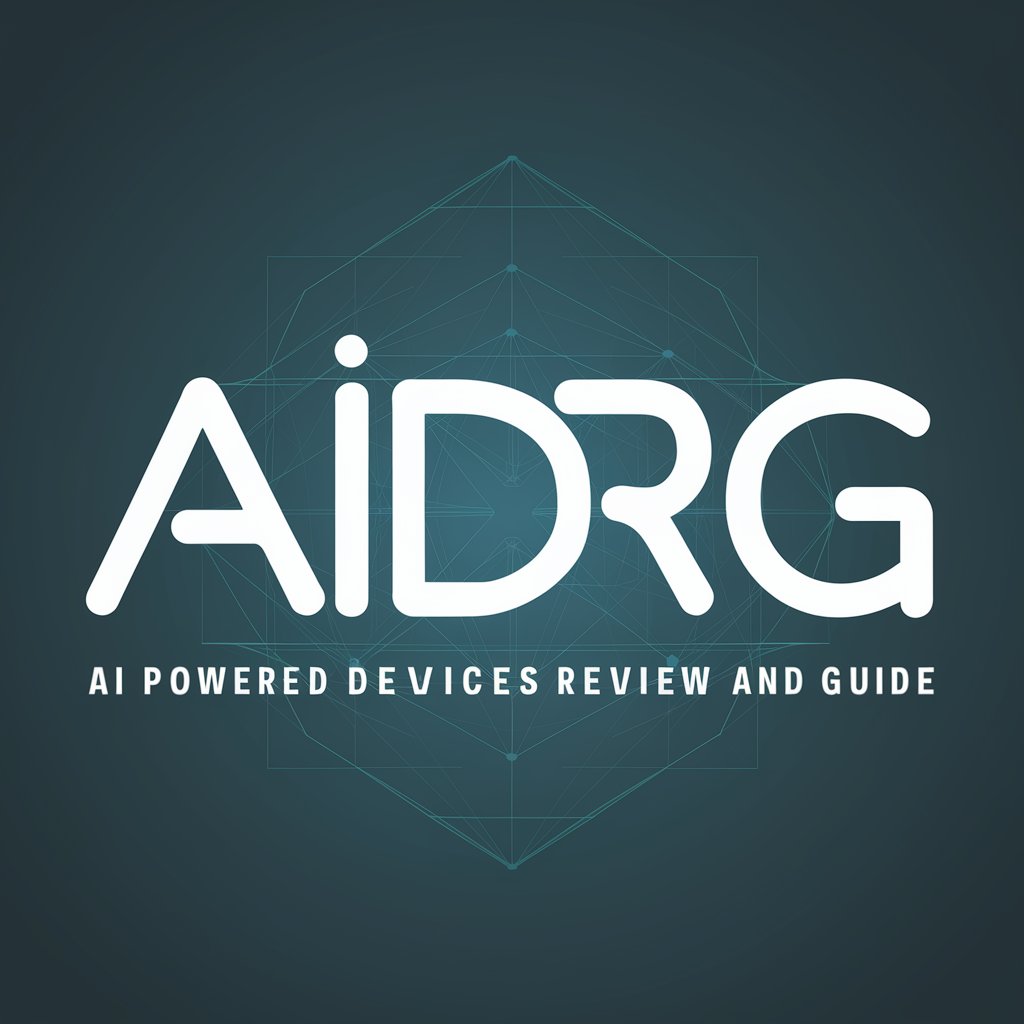
Stock Exchange Information
Empowering investments with AI insights

BollyLife
Craft Your Bollywood Saga with AI

Diverse Superhero Creator
Empowering Diversity in Superhero Creation

Chef Matrix
AI-powered culinary creativity at your fingertips.

Detailed Q&A about Reasoning GPT
What makes Reasoning GPT different from other AI models?
Reasoning GPT specializes in providing detailed, comprehensive answers through a variety of reasoning techniques tailored to the task at hand. This flexibility allows it to address a wide range of complex questions and scenarios with nuanced understanding.
Can Reasoning GPT help with academic research?
Yes, Reasoning GPT can assist in academic research by offering insights, generating hypotheses, summarizing literature, and even suggesting possible directions for study based on its extensive knowledge base and reasoning capabilities.
How can businesses utilize Reasoning GPT?
Businesses can leverage Reasoning GPT for strategic planning, data analysis, market research interpretation, and generating creative marketing content, benefiting from its ability to process and analyze vast amounts of information efficiently.
Is Reasoning GPT capable of creative writing?
Absolutely. Reasoning GPT can generate creative writing pieces, such as stories, poems, and dialogue, drawing on its extensive language model training and ability to apply creative and narrative reasoning techniques.
Can Reasoning GPT provide ethical guidance?
While Reasoning GPT can offer perspectives based on ethical reasoning and principles, its guidance should be considered alongside human judgment. It can help explore different ethical considerations but cannot replace personal or professional ethical decision-making.
